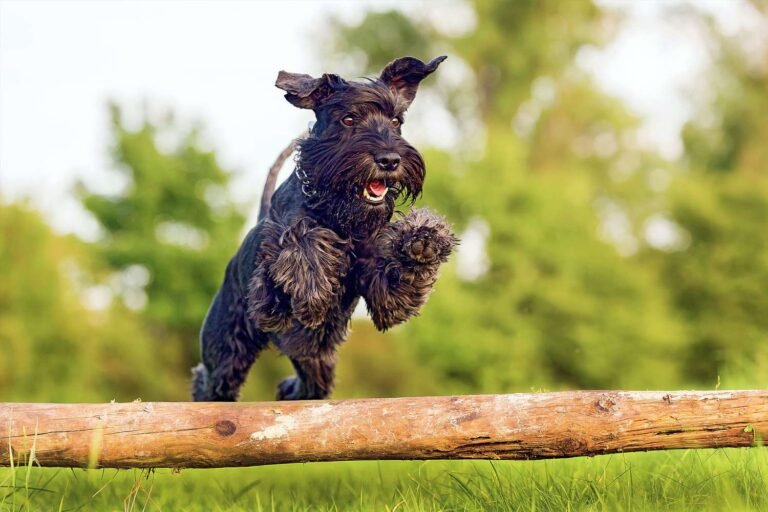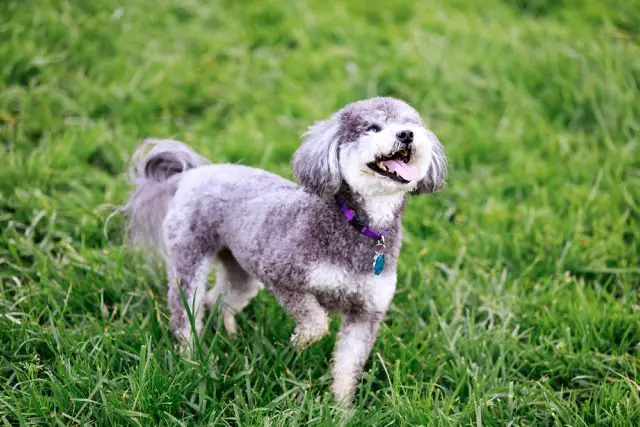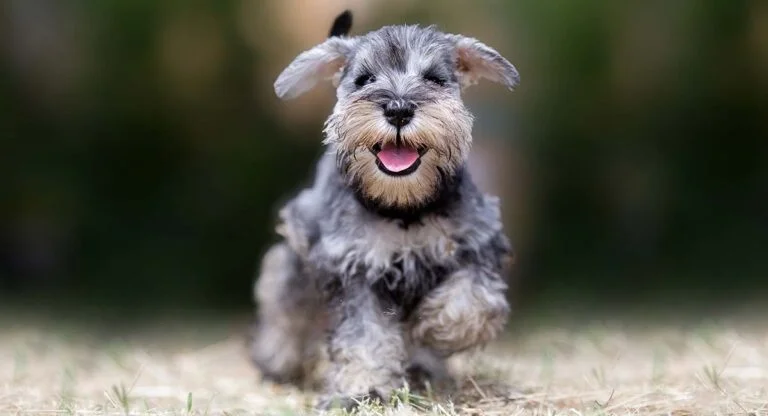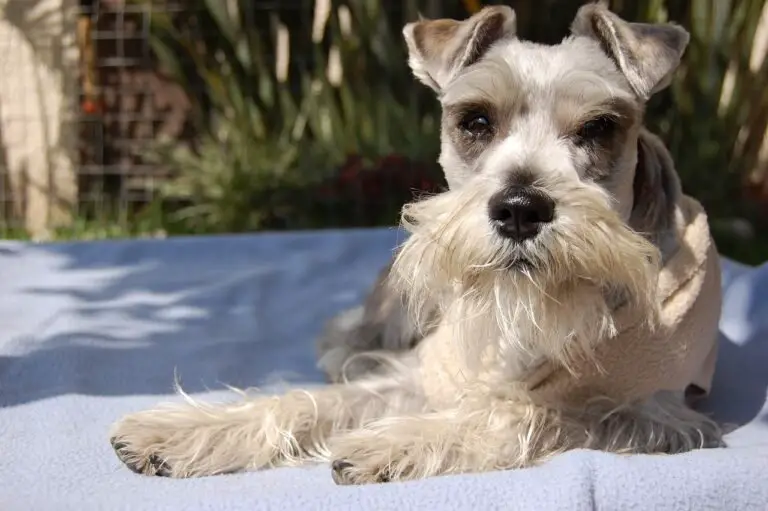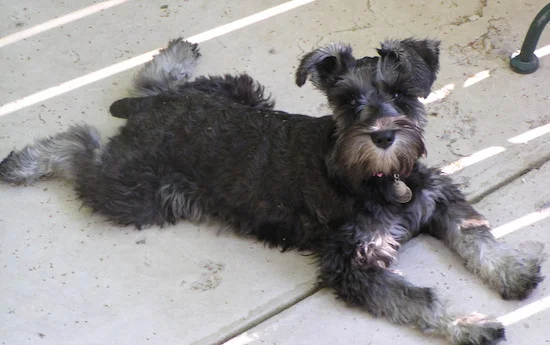How to Train a Schnauzer Puppy Not to Bite
Thank you for visiting our thorough tutorial on How to Train a Schnauzer Puppy Not to Bite. Puppies will naturally bite, but in order to avoid future problems as they get older, it’s important to teach them proper chewing habits. Using positive reward, redirection, and socialization, we’ll look at some efficient methods in this post for teaching your Schnauzer puppy not to bite. Let’s go on this training adventure together to create a well-mannered and kind Schnauzer friend, regardless of whether you’re struggling with teething, nipping, or mouthing.
Understanding the Biting Behavior of Puppies
It is important to comprehend why Schnauzer puppies bite before diving into training methods. In addition to being a necessary action for play, teething, and exploration, biting is a normal aspect of puppy behavior. Bites, however, can become more frequent and troublesome if they are not handled.
Training a Schnauzer Puppy to Avoid Biting
You must be patient, consistent, and provide positive reinforcement to teach your Schnauzer puppy not to bite. To assist you stop biting, try these useful techniques:
- Apply Constructive Feedback
Promote gentle behavior and deter biting by using positive reinforcement. If your puppy is biting or mouthing at you, tell them “no” firmly and point them toward suitable chew toys. When they chew on toys rather than your hands or clothes, praise them and give them a reward. - Give Chew Toys in Bulk
A range of chew toys will help your Schnauzer puppy’s teething needs be met. Select chew-safe toys that are constructed from sturdy materials. When your puppy exhibits an interest in biting or mouthing, provide them a toy to gnaw on. - Put Bite Inhibition Into Practice
When your Schnauzer puppy bites too strongly, teach them to bite with inhibition by screaming “ouch” or yelling in a high-pitched voice. Telling your puppy that their bite was too forceful, this simulates the reaction of a littermate. Close the playtime or leave the room if they bite you in an attempt to divert your attention. - Take Your Dog Out Into Society
To aid in the development of the puppy’s social and bite inhibition skills, expose him to a variety of people, animals, and situations. Along with improving your puppy’s capacity for calm, courteous social interactions, proper socialization helps lessen fear-based aggressiveness.
Success Tricks
Following these guidelines will help you teach your Schnauzer puppy not to bite:
- Get started early
As soon as your Schnauzer puppy comes home, start training them not to bite. In order to form healthy behaviors and keep biting behavior from being ingrained, consistency is essential from an early age. - Exercise consistency and patience.
With patience, your Schnauzer puppy will learn as training takes time and practice. When biting happens, refocus it and always give praise for appropriate behavior. - Stay Away from Severe Penalties
When disciplining someone for biting, stay away from utilizing physical or severe methods as this can incite fear and hostility. Rather, train your puppy appropriate chewing habits by using positive reinforcement and redirection.
FAQs: Frequently Asked Questions
- Does biting occur frequently in Schnauzer puppies?
A1: It’s true that pups of Schnauzer breeds often bite. Through instruction and retraining, you must instill in them proper chewing habits. - How long does it take to teach a puppy Schnauzer not to bite?
A2: Training a Schnauzer puppy to avoid biting takes a variety of times, depending on the dog in question and the constancy of the training regimen. In a matter of weeks to months, the majority of puppies can acquire acceptable chewing behavior with patience and constant encouragement. - What steps should I take if, in spite of training, my Schnauzer puppy still bites people?
A3: Consult a qualified dog trainer or behaviorist if your Schnauzer puppy bites even after you’ve tried training them. In order to manage recurrent biting behavior, they can offer tailored advice and help.
Developing Calm Conduct in the End
A puppy’s development and the formation of a well-mannered, kind companion are greatly aided by early training against biting. You may help your puppy develop healthy chewing behaviors and create a solid bond based on mutual respect and trust by employing positive reinforcement, redirection, and socialization techniques.


